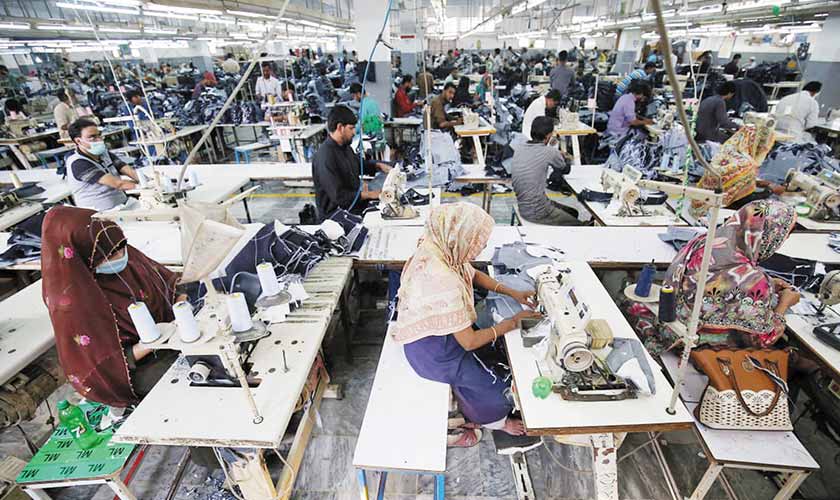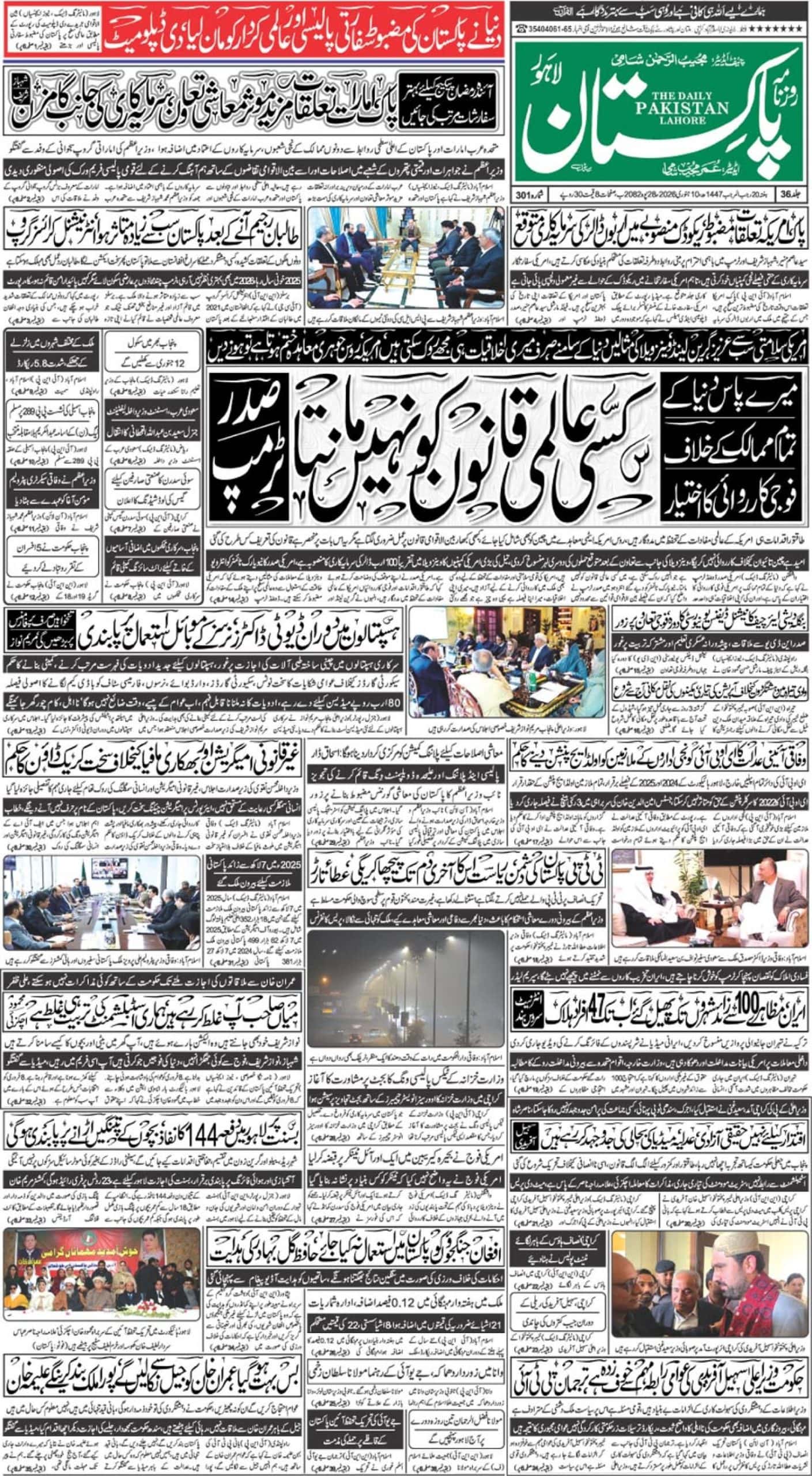ISLAMABAD – Pakistani government has unveiled long term strategy for revival of iundustrial sector as officials targets GDP Growth through structural reforms.
Amid new initiatives, the government approved long-term industrial strategy aimed at reviving country’s struggling industrial sector. The newly adopted 10-year industrial policy comes after sharp decline in the sector’s contribution to the national GDP.
Ministry of Industries and Production conducted a thorough review of the existing industrial landscape. Eight expert sub-committees were formed to propose structural reforms. On Friday, these committees presented their comprehensive recommendations to Haroon Akhtar Khan, Special Assistant to the Prime Minister on Industries and Production, during a senior-level briefing.
The policy outlines key focus areas including improved access to financing for small and medium-sized enterprises (SMEs), the revival of non-operational industrial units, and the introduction of legal reforms to encourage local production and foreign investment.
A central feature of the policy is its adaptive review mechanism: progress will be evaluated every 18 months in consultation with public and private stakeholders. To support the struggling industrial base, banks will be encouraged to lend to distressed units, and the State Bank of Pakistan is expected to issue new guidelines to facilitate industry rehabilitation and debt restructuring.
Officilas also mentioned making amendments to Corporate Rehabilitation Act (2018), the SECP Act, the Income Tax Ordinance, and Anti-Money Laundering laws. The policy also includes a phased reduction in corporate tax rates — from 29% to 26% over the next three years — to boost industrial competitiveness.
Speaking at the policy launch, Haroon Akhtar Khan said the urgency of reversing the ongoing decline in industrial performance. Pakistan must strengthen its industrial backbone by increasing exports, reducing import dependence, and creating a robust, investor-friendly environment, he said.
To ensure swift execution, ten additional implementation sub-committees have been established with a mandate to deliver visible progress within one week.
The new industrial policy marks a strategic effort by the government to reshape Pakistan’s economic future, aiming to boost productivity, create jobs, and position the country as a competitive player in global manufacturing.













